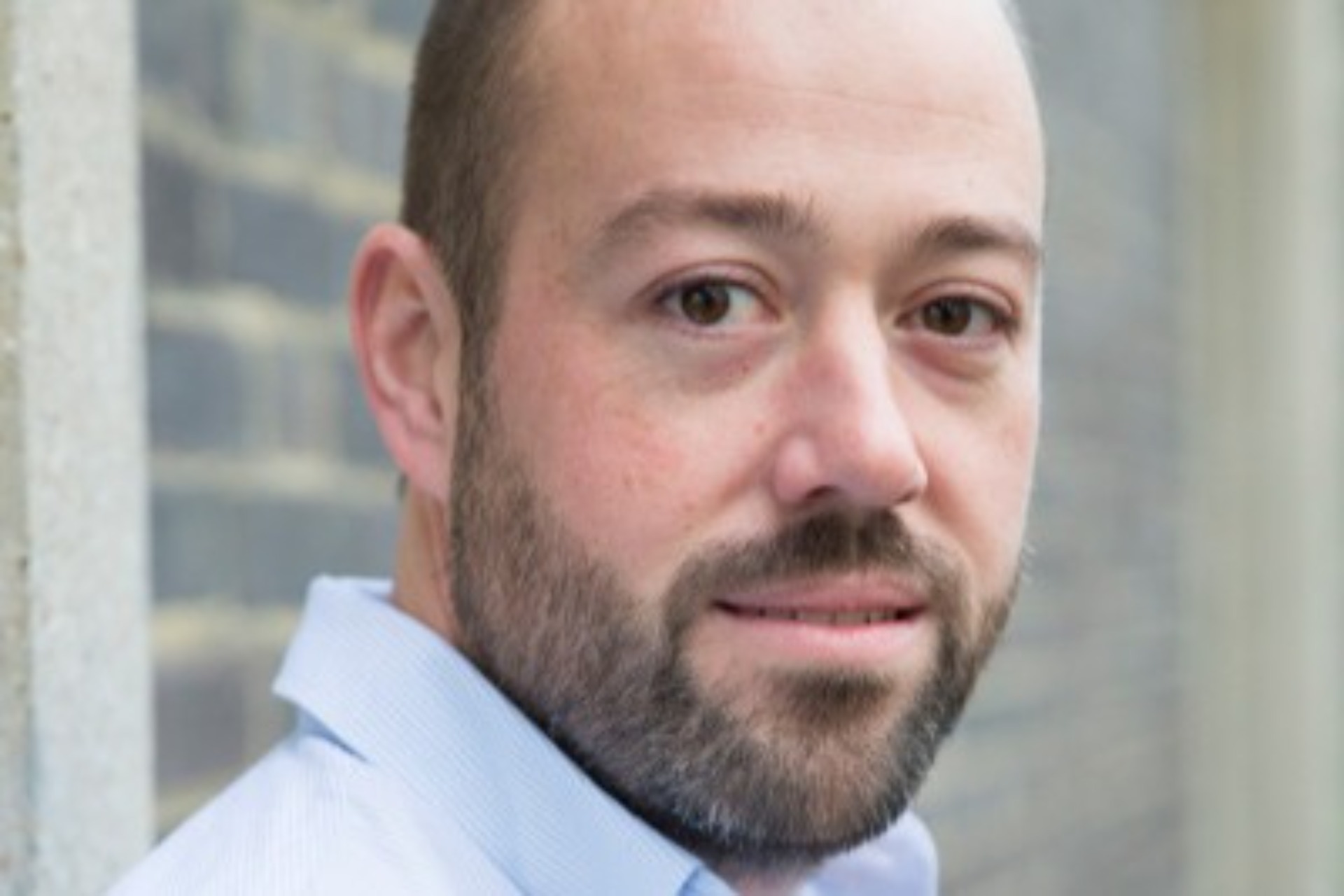Dr Caoilte Ó Ciardha is a Senior Lecturer in Forensic Psychology and Deputy Head of School at Kent’s School of Psychology. His primary research areas include the aetiology of sexual offending against children and adults, the assessment and treatment of factors that are causally related to offending, and firesetting.
What gets a forensic psychologist get out of bed in the morning?
Personally, I’ve always been more of a night owl, so for me, it’s often more about what keeps me up late. But I think that for most forensic psychologists and people who carry out research in forensic psychology, the motivation is about making a difference. That sounds clichéd but, as a field of practice and a field of research, our work is about improving the criminal justice system and the lives of the people caught up in it. I’m motivated to use scientific methods to understand why people perpetrate serious offences like sexual violence or arson and how people at risk of these crimes can be helped to avoid offending.
Why did you choose to work at Kent?
I did all of my studies in Ireland. When I finished my PhD I went off backpacking without a return ticket. But when I was fortunate enough to get a job at Kent, working initially on a government-funded research project with Professor Theresa Gannon, I jumped at the opportunity. Not only was Theresa one of the biggest names in my topic worldwide but she was also working alongside what is probably the strongest group of forensic psychology researchers in the UK and beyond. I don’t think I even realised until after I arrived how many of the academics from the social, cognitive, and developmental groups in the School were people whose work I had read during my studies.
What are some examples of roles that graduates have gone on to?
I teach and supervise students across our undergraduate programmes and on the Forensic Psychology Masters. Students who take one of our Forensic programmes are often interested in becoming a practising forensic psychologist working on the assessment and treatment of people who have committed offences. Many of our graduates take this route, but there are also a lot of other possible destinations; detectives, clinical psychologists, policy advisors for government agencies, and many have gone on to do PhDs.
What are the facilities and labs like in the School of Psychology?
When people think about research in forensic psychology, they probably think first of studies that happen in prisons, secure hospitals, and other applied settings such as with the police. As a group, we carry out this type of research and our students have opportunities to be involved in this work. However, we also like to carry out research that involves the general public as well. After all, it is not only the people who get caught committing a crime that play a role in the criminal justice system. There are victims, jury members, as well as the wider public whose opinions and attitudes shape the policies that affect how people are treated in the criminal justice system. There are also the people who commit crimes and never get caught.
We, therefore, have a wide range of laboratory facilities including eye-tracking equipment, a full police-standard polygraph kit, virtual reality headsets, electroencephalographs (EEG), brain stimulation equipment, as well as a bar lab for alcohol research. All of these facilities have been used by either myself or my colleagues across the School for forensic psychology research.
How has technology affected the discipline recently?
We have all had to learn to rely much more on technology in our daily lives and in how we teach over the last few years. A lot of this change has been positive in terms of finding more ways of working collaboratively with students and colleagues even when we can’t be in the same place. However, one of the most profound impacts of this global increase in the use of online spaces and technology on the discipline has been a greater on the psychology of offending that happens in the online environment. In this way, technology has produced both new tools with which to research crime but also new spaces in which crime can occur. In my own work, I am currently focused on research that improves the likelihood that people at risk of committing online sexual harm will seek help rather than offend.
What is the best aspect of living in Kent?
I came to Kent over a decade ago, first as a postdoctoral research associate, then as a lecturer, now a senior lecturer. I loved the university campus and the city of Canterbury. But I think what really made me feel at home here was the sense of community that I felt in the School of Psychology and the wider university community. The combination of a small city and an international academic community created that perfect environment for people like me without family nearby to feel welcomed and supported. I would say that it’s this strong sense of community that I value most about living here.
Learn more about our Psychology with Forensic Psychology BSc or our Forensic Psychology MSc programmes

